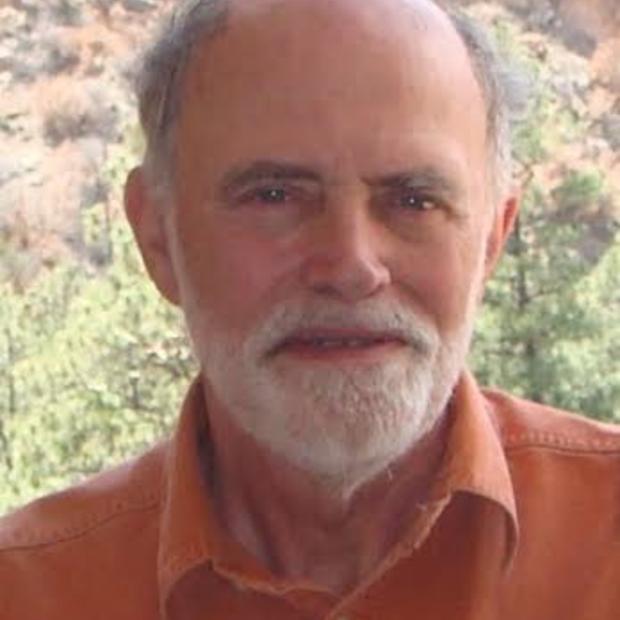Talk about your bad timing. In last Sunday’s New York Times, readers were treated to a lengthy and florid profile of Katharine Weymouth, the 47-year-old publisher of The Times’ arch rival, The Washington Post.
In an article that covered a full page in The Times’ Sunday styles section, Weymouth’s highly orchestrated life as multi-tasking single mother of three and head of the newspaper once run by her formidable grandmother, Katharine Graham, was dissected to an astonishing degree.
The Post, a giant presence in American journalism since it was purchased by Katharine Graham’s father in 1933, has been in a seven-year financial and circulation decline with no end in sight. Weymouth’s challenge as publisher, the Times reporter gushed, is nothing less than “saving the crown jewels” of the Graham dynasty.
Oh, how the Times editors would like this story back. Twenty-four hours later, in a shocking corporate deal consummated with all the secrecy of the Deep Throat operation, Amazon.com founder Jeff Bezos has usurped the Graham family in The Washington Post hierarchy. And those Graham crown jewels? They’re winging their way to Seattle.
Bezos is paying $250 million from his personal fortune for the Post. A bargain price tag. One analyst said the paper could have brought $2 billion had it sold 10 years ago. Bezos will be the sole owner after the expected sale closes in roughly 60 days.
For the moment, the Amazon chief isn’t talking, other than to say that the paper’s future is “uncharted terrain.” His lack of newspaper experience per se doesn’t bother many of the Post’s allies who think Bezos’s demonstrated marketing genius is the last best chance of resurrecting the paper’s fortunes.
“This is the best thing to happen to the Post since the Internet began,” says Blaine Harden, a former foreign correspondent and national reporter for the Post and now a Seattle-based writer. While the Post purchase is independent of Amazon, Harden thinks Bezos could vastly increase the Post’s visibility by somehow blending it into Amazon’s vast web presence.
“If he can market the Post as successfully as he did the Kindle, he can make it part of the culture,” Harden says. “The Post is diminished from past years, but it’s still good. This is such a great way to challenge The New York Times again.
“The paper needs to expand its reporting nationally and internationally. It’s not that expensive. All it takes is a guy or a girl with a laptop. The paper knows how to manage and edit the news.”
In a backhanded compliment, investors marked the exodus of the paper by bidding stock of the parent Washington Post Co. up 5 percent. The paper was an increasingly small part of the company’s profile but the biggest drag on earnings. One urgent task: renaming the company now that the paper’s gone.
Meanwhile, it’s steady as you go in the Post newsroom. That must be a relief for Weymouth, who, for the time being, holds on to her publisher’s title. For that, she can thank her uncle, Washington Post Co. Chairman Donald Graham, who reportedly made job security for Weymouth, Executive Editor Martin Baron and Editorial Page Editor Fred Hiatt part of the deal.
Donald Graham is beloved by the Post’s employes even though missed opportunities under his watch, along with generic problems faced by all legacy print media, ultimately forced the sale that ends four generations of Graham ownership. For example, the paper long resisted combining its traditional newsroom, where employees are governed by a union contract, with its non-union online newsroom across the Potomac River in northern Virginia.
Peter Behr, a former Post assistant managing editor for business news, says management could also have capitalized on the online success of sites like Politico by launching its own specialty news sites, using the paper’s vast reporting expertise and charging the Washington lobbying universe hefty subscriber fees. Behr now works for just such a site, EnergyWire/E&E News.
“But expecting The Post to suddenly turn itself into a new media company would be like expecting Eastman Kodak to have given up film for digital photography," says Behr. "Very risky. Very wrenching.”
He adds: “I hope Don Graham has correctly assessed Bezos’s commitment to the independent journalism that the Grahams exemplified and that the sale becomes the family’s final gift to the newspaper and its readers.”
For his part, Graham urged his co-workers to think positive. Looking out over the crowded auditorium where visibly emotional Post employees gathered to hear the news, Graham said: “No one in this room should be sad except for me.”


